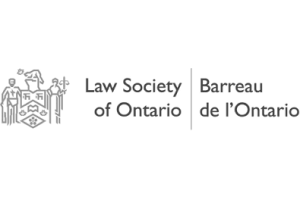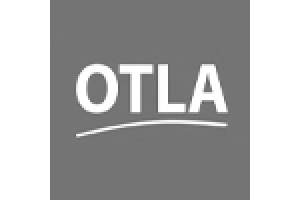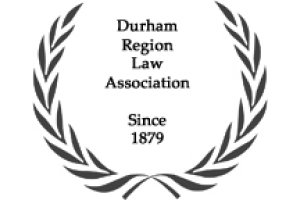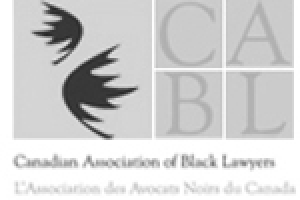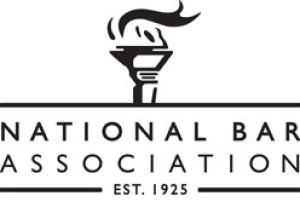BONDO™ Corporation

BONDO ™ is a product name familiar to all autobody repairers working in the trade since the registration of the product trademark in 1960. The BONDO ™Corporation at the time was based in Connecticut in the United States of America and had been awaiting patent and trademarks for the product since March of 1956.
The product had been developed in 1955 by Robert Spink of Florida who was the owner/operator of an auto body repair shop in Miami and was working on a more cost-effective solution to minor body damage.
The first BONDO™ product was a plastic repair compound for filling cavities, dents, rips, seams or holes in metals or plastics. The BONDO “kit” contained plastic filler and cream hardener as well as glass fibre screen and tape, a plastic spreader and an instruction guide. This was a new and revolutionary product that took hours off repair work as instead of hammering the body damage entirely smooth, declivities could be left for filling and smoothing with BONDO™. Once dry and sanded smooth BONDO™ could be painted to look just as if the damage had never occurred.

Between 1959 and 2005 the Bondo™ Corp developed and manufactured 700 products under numerous brand names including Bondo, Mar-Hyde, Dynatron, Laminex and Bondo Marine. These products contained adhesives, putty and fill materials for the repair of autos and boats as well as a line of home repair products called Bondo Home solutions.
The BONDO™ Corporation moved to Atlanta, Georgia in 1996 to merge with Dynatron.
The reason that BONDO™ has become an asbestos issue is largely because of the talc contained in the product. Talc has often been contaminated with asbestos due to the mines where talc is found often contain seams of asbestos. The two minerals are regularly co-mingled in the ground where the talc mines are located. Litigation against Johnston & Johnston as well as the filing for Chapter 11 bankruptcy by Imreys Mines are testaments to belief that the talc is contaminated. These companies believe it is less expensive to work out a system to pay potential claimants than argue the issue continually over the next decades.
Additional to the cross-contamination of the talc, asbestos was added as fill to Bondo™ products including adhesives and putty making them less expensive to produce. Asbestos also made the products malleable and heat resistant. Prior to the knowledge that asbestos is deadly, those features made Bondo a very appealing product.
The BONDO Name and patent were sold to the 3M Company in 2007. To make this happen an entity referred to as NMBFiL, an OHIO Corporation was specifically incorporated to park the asbestos liabilities of the BONDO™ corporation, so that the transfer of the BONDO™ trademark and patents could happen without liability to 3M. The BONDEX Trademark and name are now owned by 3M in St Paul, Minnesota when the 3M Automotive aftermarket division completed purchase of the Bondo Corporation. 3M has renewed the trademark and patent to stay in effect until August 2030.
The BONDO corporation subsidiary NMBFiL filed for Chapter 11 protection in 2014 and their asbestos liability claims were channeled to a corporate trust to deal with the BONDO Corporation liability.
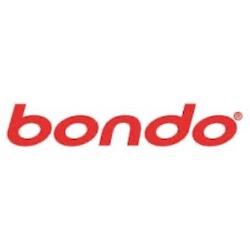
An asbestos trust was formed, and is accepting applications for persons who worked with BONDO and have subsequently developed mesothelioma. Other disease levels are not being compensated at this point until it is known how much it will cost to deal with the mesothelioma claims. Other disease level claims can be filed, but they will be placed on administrative hold immediately and for at least the first 5 years of trust operation.
Mesothelioma claims have been tentatively set at $25,000.00 with no payment percentage yet known. Canadian exposure claims are not considered foreign, and therefore treated the same as USA victims. This makes the level of exposure proof requirement less onerous.
If you have been diagnosed with mesothelioma and worked in any trade that involved Bondo products, contact Brown Law to learn about compensation options. Talking to us is free and carries no obligation. It is more important to us that you make the decision that is right for you and your family, than to push you to retain us.


